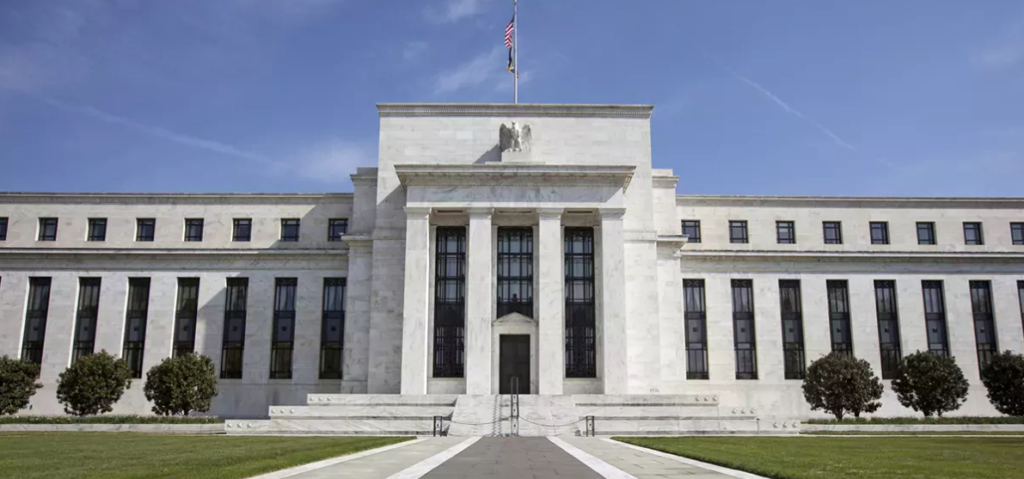
François Christen
Chief Economist
La vigueur du marché du travail américain apporte de la crédibilité à la posture austère de Jerome Powell.
Original article published on agefi.com

The tumultuous month of March ended with a precarious return to calm, with equities and risky debt rallying and government bonds under pressure. In the US, the 10-year T-Note yield climbed back to around 3.5%. The yield on the 2-year T-Note has risen back above 4%, but remains far from the 5% levels seen before the collapse of Silicon Valley Bank, which suddenly called into question the Federal Reserve’s roadmap.
Despite an episode of tension in February, dollar yields declined over the quarter as a whole, allowing investors to reap gains ranging from 3% for US Treasuries to 4% for Investment Grade corporate bonds. The High Yield segment also posted a total return of around 3%. The decline in yields and the partial reversal of the Fed’s stance due to the instability of the financial system have been beneficial for growth assets such as technology stocks and crypto-currencies.
In the background of the instability of the banking system, activity is showing signs of slowing down. Personal spending rose modestly in February after soaring in January. The increase in the so-called PCE price index (0.3% monthly, 5% year-on-year; 0.3% and 4.6% respectively excluding energy and food) remains above the 2% target, but continues to fall. Ahead of Friday’s employment report, the reduced level of initial jobless claims still reflects a tight labor market. The decline in the ISM manufacturing PMI from 47.7 in February to 46.3 in March reflects a significant deterioration in business conditions that could lead to a recession before the end of the year.
Various money and banking statistics show that regional banks in the US are facing massive withdrawals in favor of money market funds and larger institutions which, fortunately, continue to be trusted. These withdrawals require recourse to the new Bank Term Funding Pprogram set up by the Federal Reserve after the collapse of SVB. In short, the US banking system is still on life support and severely affected by the rise in interest rates.
In Europe, the euro yield curve has risen again in a calmer environment for European banks. In hindsight, it seems that the stress episode triggered by the surge in Deutsche Bank’s CDS was a false alarm in a shallow market that is not immune to manipulation attempts. The economic news is still mixed. The erosion of the EU economic sentiment index, down 0.3 points to 97.4, is hardly significant. Unchanged at 6.6%, the eurozone unemployment rate remains at its lowest level since the launch of the common currency.
The preliminary inflation estimate shows a sharp decline in annual inflation from 8.5% in February to 6.9% in March. While welcome, this decline is misleading, as it is mainly the result of a very favorable base effect from energy prices, which had risen at the start of the war in Ukraine. Core inflation and month-on-month increase in March were far from satisfactory, suggesting that the ECB will raise its key interest rates again on 4 May. However, the circumstances may lead the Governors to settle for 0.25% hikes until there are convincing signs of disinflation which should materialize in the second half of 2023.










